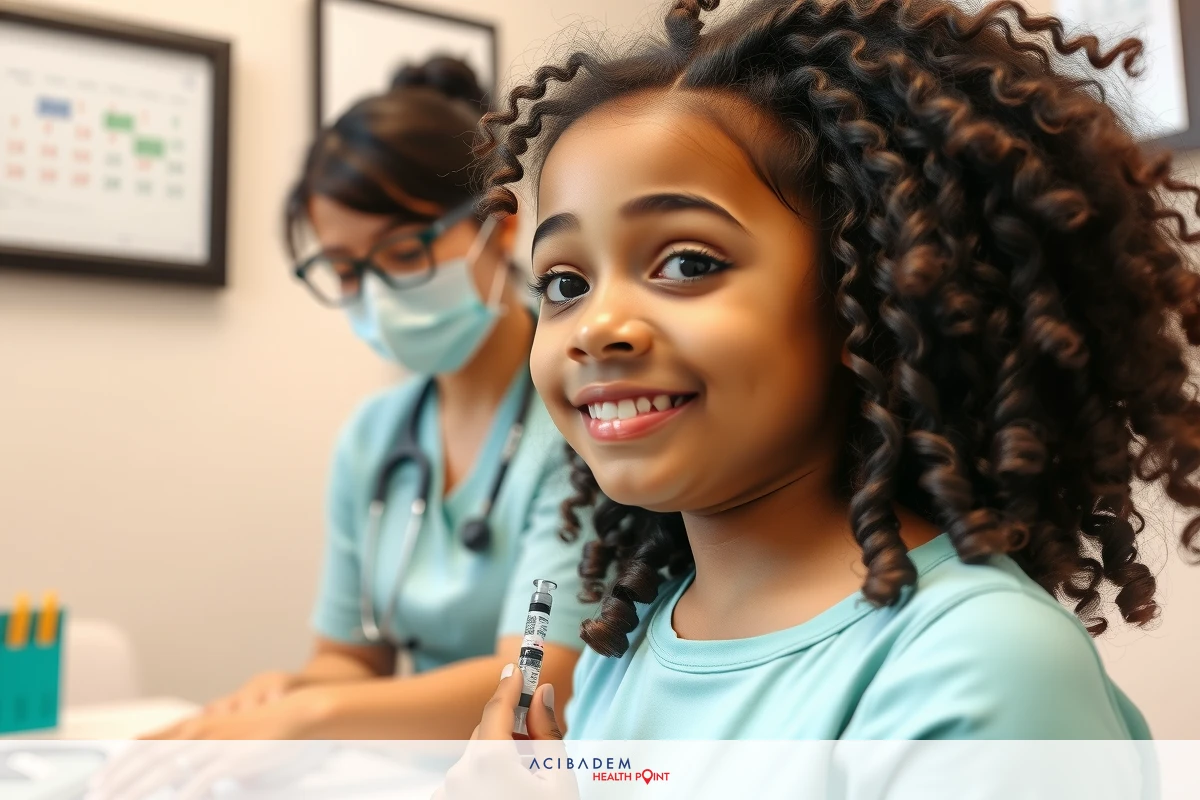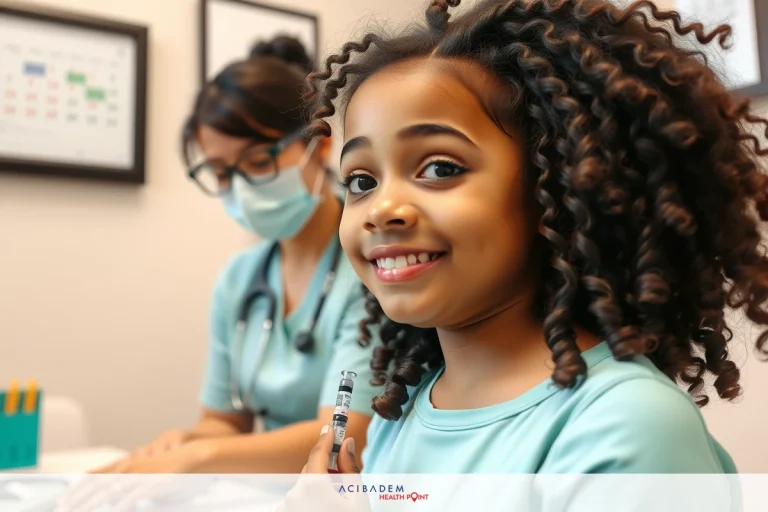What role does HPV vaccination play in reducing head and neck cancer risk?
What role does HPV vaccination play in reducing head and neck cancer risk? Human papillomavirus, or HPV, is linked to a number of cancers. Vaccines can help prevent the types tied to these conditions. Many people get vaccinated as kids before they are exposed to the virus. Studies show that vaccines lower chances of getting cancer years later. It’s important for everyone to know about how vaccines protect health.Doctors often suggest the vaccine for both boys and girls. The shot series starts at ages 11 or 12 but may start earlier too. By targeting various strains of HPV it helps cut down future cancer risks greatly. Getting your shots on time is key for full protection benefits. Always check with a doctor if you have concerns about HPV shots.
Health experts agree that preventing disease early is better than treating it late. Vaccinations are an easy way to stop certain diseases before they start. With ongoing research trust in these treatments grows stronger every day. Talk openly with healthcare providers about what’s right for you or your family members’ needs. What role does HPV vaccination play in reducing head and neck cancer risk?
Benefits of HPV Vaccination
HPV vaccination plays a big part in keeping people healthy. By getting the shot you lower your risk for some cancers. Head and neck cancer links to HPV but the vaccine can fight this. It’s safe and works well at stopping virus spread.
The role of the vaccine goes beyond just personal health. When more people get their shots fewer viruses pass around. This is how we protect friends who might not handle the disease well. Everyone benefits when a community stays healthier together. What role does HPV vaccination play in reducing head and neck cancer risk?
One major advantage is cutting down on medical costs long-term. Treating head and neck cancer can be very expensive and tough on families. Prevention through vaccination means less worry about these high bills later on.
Lastly early prevention sets young folks up for a better future without fear of such diseases as they grow older. Knowing that you’ve taken steps against cancer gives peace of mind that lasts years.
Effectiveness of HPV Vaccination
What role does HPV vaccination play in reducing head and neck cancer risk? HPV vaccine has a strong track record in cutting cancer risk. Research shows it’s very good at preventing types that lead to head and neck cancer. Many studies back up its role in stopping the virus from taking hold. That means fewer people face these serious health issues later.
What role does HPV vaccination play in reducing head and neck cancer risk? The vaccine targets high-risk HPV strains known to cause cancer. By doing this it greatly lowers the chance of cells turning harmful. Experts say getting the shot is key for long-term health benefits. The sooner you get vaccinated the better your body can resist infection.
What role does HPV vaccination play in reducing head and neck cancer risk? Clinical trials have tested how well these vaccines work over time. Results show they stay strong many years after you first get them. This lasting power is important for keeping people safe as they age.
Doctors trust the HPV vaccine because it’s been through so much testing. It meets all safety standards before

anyone even gets a dose. As more folks use it we gain data proving its worth in prevention efforts.
Importance of Early Vaccination
Getting the HPV vaccine early is very important. It’s most Effective before someone has been exposed to the virus. That’s why doctors suggest it for preteens usually around 11 or 12 years old. The idea is to protect them well before they might catch HPV.
Early vaccination acts as a shield for your health in the future. It means you have one less thing to worry about as you grow up. Think of it like putting on a seatbelt before driving—it’s just safer that way. And when it comes to fighting off potential cancer sooner is always better.
When kids get vaccinated on time they help everyone stay healthier too. They carry this protection into their teen and adult years stopping the spread of HPV. This kind of preventive care can make big changes in public health over time.
Myths About HPV Vaccination
Many people hear myths about the HPV vaccine and get worried. Some think it causes health problems that are actually not related at all. Scientists have done a lot of work to show these fears aren’t true. The truth is the vaccine has a very good safety record.
Another myth is that getting vaccinated can encourage risky behavior in young people. But studies don’t support this idea at all. In fact education about vaccination often leads to more careful choices. It’s important for everyone to know what’s a myth and what’s not.
There’s also talk that only girls need the HPV vaccine but boys should get it too. Both can be affected by viruses linked to cancer types like head and neck cancers. So protection against HPV is vital for everyone no matter their gender.
Some folks believe if they’re already sexually active, there’s no point in getting vaccinated. This isn’t true because the vaccine can still help prevent different strains of HPV. Even if someone has been exposed before, they can still benefit from vaccination.
Lastly, many fear vaccines overload our immune systems; however, this concern lacks scientific backing. Our bodies handle many bacteria and viruses daily without problem—the same goes for vaccines. They’re designed to protect us without overworking our natural defenses.
Tips for Discussing HPV Vaccination with Your Doctor
When you see your doctor it’s smart to ask about the HPV vaccine. Make a list of questions before your visit to stay on track. Think about what concerns you might have like side effects or the best time to get vaccinated. This helps your doctor give you clear answers and good advice. What role does HPV vaccination play in reducing head and neck cancer risk?
It’s also wise to talk about any medical history that could be important. Let them know if there were past reactions to vaccines or allergies. Share details about your lifestyle that could affect vaccination timing or need They’ll use this info to offer personalized guidance just for you.
What role does HPV vaccination play in reducing head and neck cancer risk? Ask your healthcare provider how the vaccine works in preventing head and neck cancer. Understanding its role can make you feel more at ease with getting vaccinated. Knowing why it’s recommended can help you decide it’s right for yourself or family members.
Be open with your doctor about any rumors or myths you’ve heard regarding the HPV vaccine. It allows them to debunk false information and reassure you with facts. A good chat clears up doubts so that fear doesn’t stop anyone from taking preventive steps.
Frequently Asked Questions
Q: Who should get the HPV vaccine?
The vaccine is recommended for preteens, teens, and adults up to age 26 who haven't been vaccinated yet.
Q: Can the HPV vaccine still be beneficial if you're already sexually active?
Yes it can protect against strains of HPV that you may not have been exposed to before.
Q: How many shots are needed for complete HPV vaccination?
It depends on your age. Younger individuals typically need two doses while older ones might need three.









